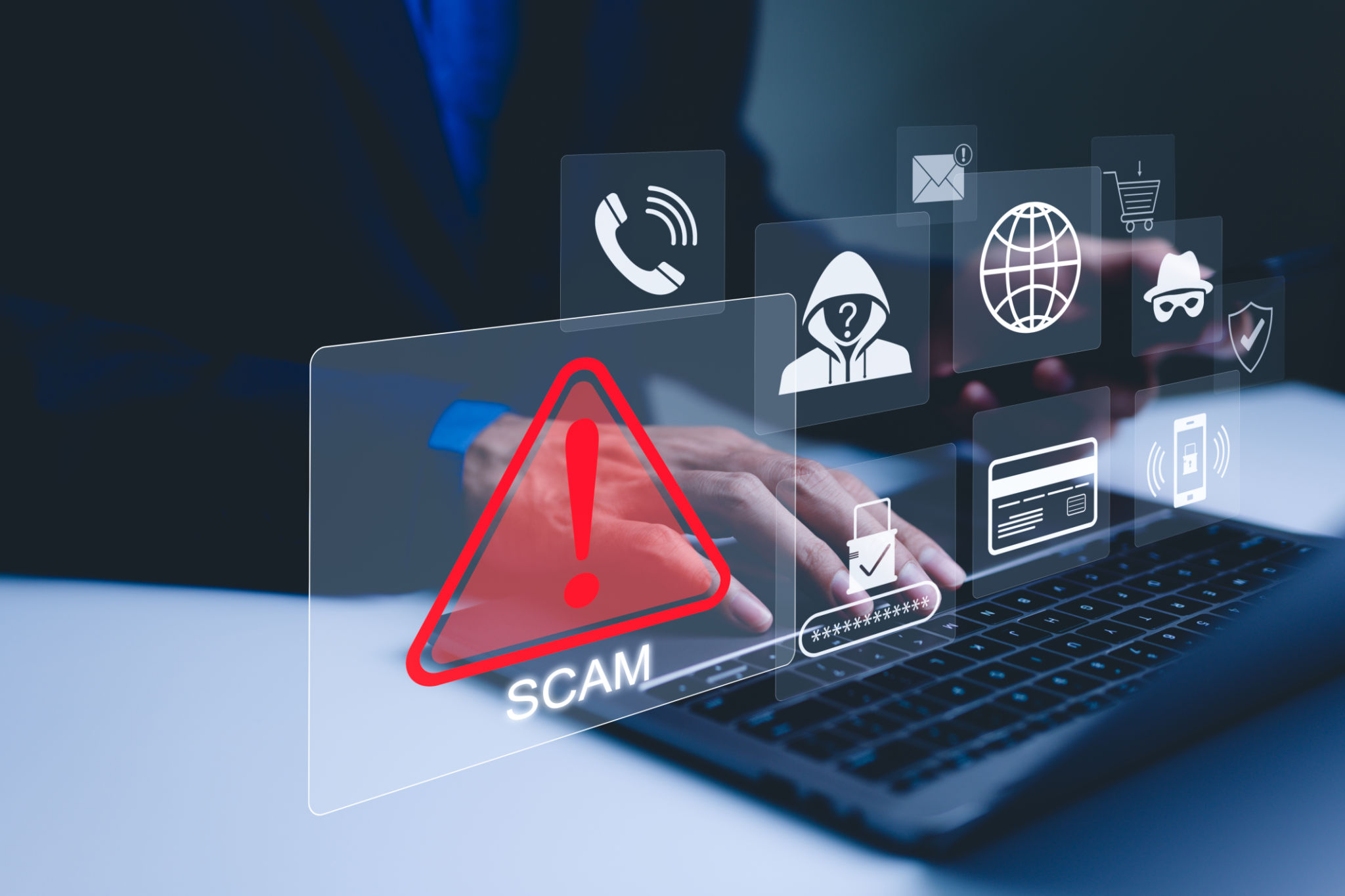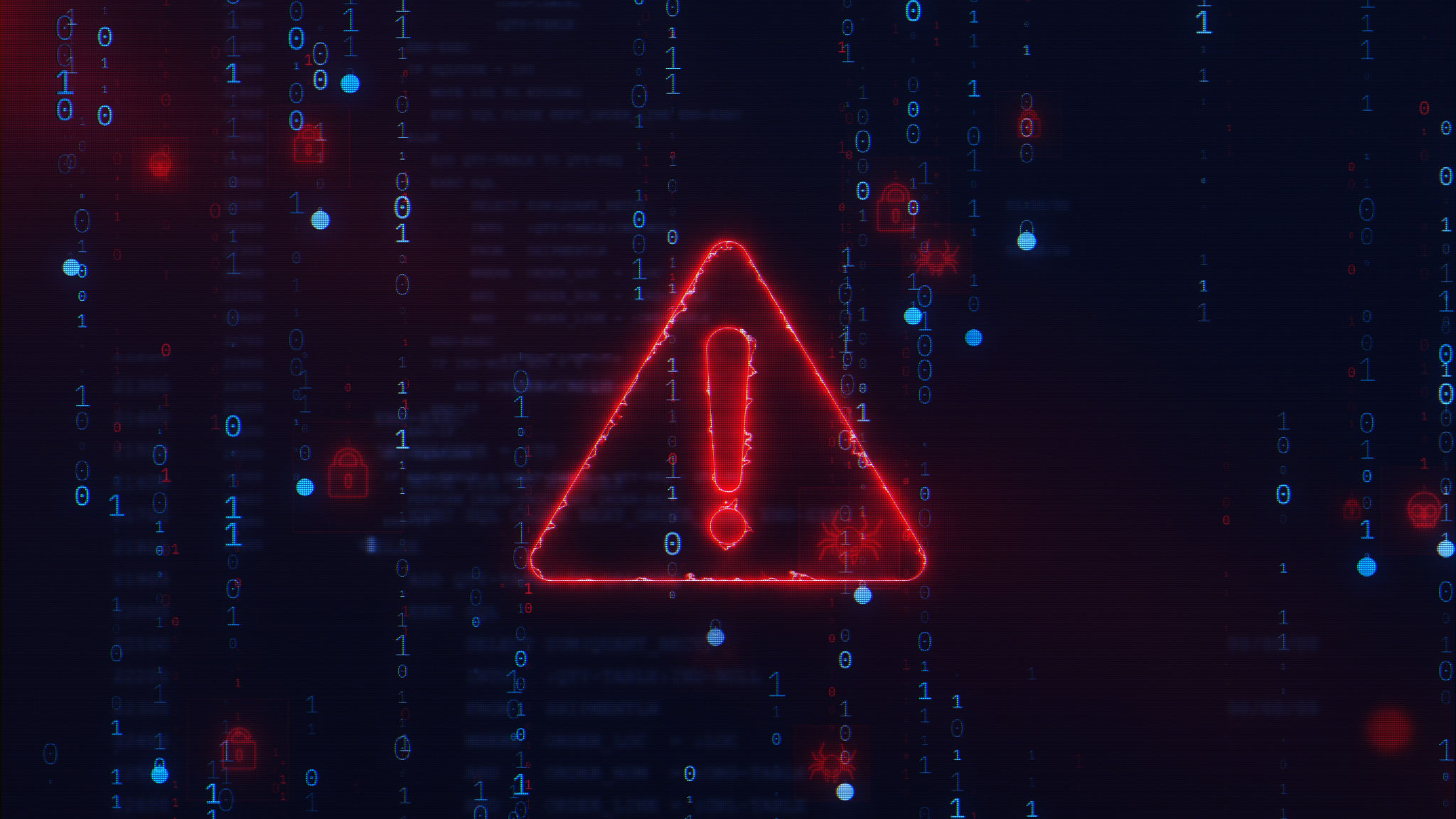How to Safeguard Your Website Against Cyber Threats: Expert Tips from Isaac Maple
Understanding the Importance of Website Security
In today's digital age, maintaining a secure website is not just an option—it's a necessity. Cyber threats are becoming increasingly sophisticated, and the repercussions of a security breach can be severe, affecting both your business reputation and financial stability. According to cybersecurity expert Isaac Maple, understanding the types of threats your website faces is the first step towards effective protection.

Identifying Common Cyber Threats
Websites are vulnerable to a variety of cyber threats, including malware, phishing attacks, and Distributed Denial of Service (DDoS) attacks. Maple emphasizes that knowing these common threats can help you develop strategies to combat them. Malware can compromise your website's data integrity, while phishing attacks can steal sensitive information. DDoS attacks, on the other hand, can disrupt your website's availability.
Malware Protection
To safeguard against malware, ensure that your website’s software and plugins are regularly updated. This helps in patching vulnerabilities that hackers might exploit. Maple also suggests using reputable security software to scan and remove malicious code from your website.

Enhancing Website Security Measures
Implementing robust security measures is crucial for protecting your website. Maple advises setting up a firewall to filter out malicious traffic. Additionally, using Secure Sockets Layer (SSL) certificates can encrypt data transmitted between your server and users, making it harder for hackers to intercept sensitive information.
Strong Passwords and Authentication
One of the simplest yet most effective ways to enhance security is by enforcing strong passwords and multi-factor authentication (MFA). Encourage users and administrators to use complex passwords that combine letters, numbers, and symbols. MFA adds an extra layer of security by requiring additional verification steps beyond just a password.

Regular Monitoring and Backups
Consistent monitoring of your website's activity can help detect unusual behavior that might indicate a cyber attack. Maple suggests using monitoring tools that alert you in real-time to potential threats. Regular backups are also essential; they ensure you can quickly restore your website to its previous state in the event of a breach.
Educating Your Team
Lastly, educating your team about cybersecurity best practices is vital. Conduct regular training sessions to keep everyone informed about the latest threats and prevention techniques. A well-informed team can serve as the first line of defense against cyber threats.

By following these expert tips from Isaac Maple, you can significantly enhance the security of your website. Remember, proactive measures are key to safeguarding your online presence against ever-evolving cyber threats. Stay vigilant and regularly update your security protocols to keep your website protected.